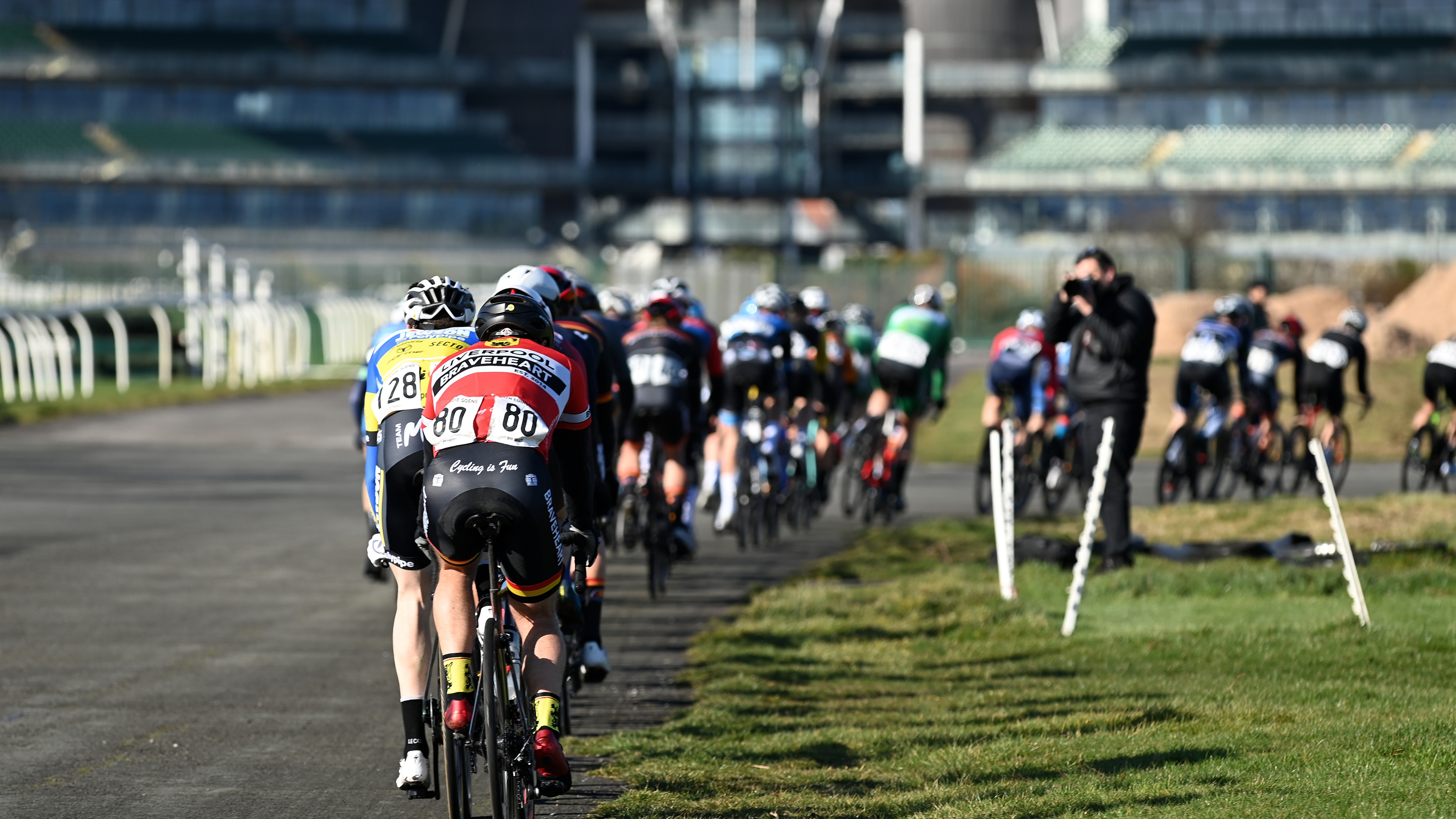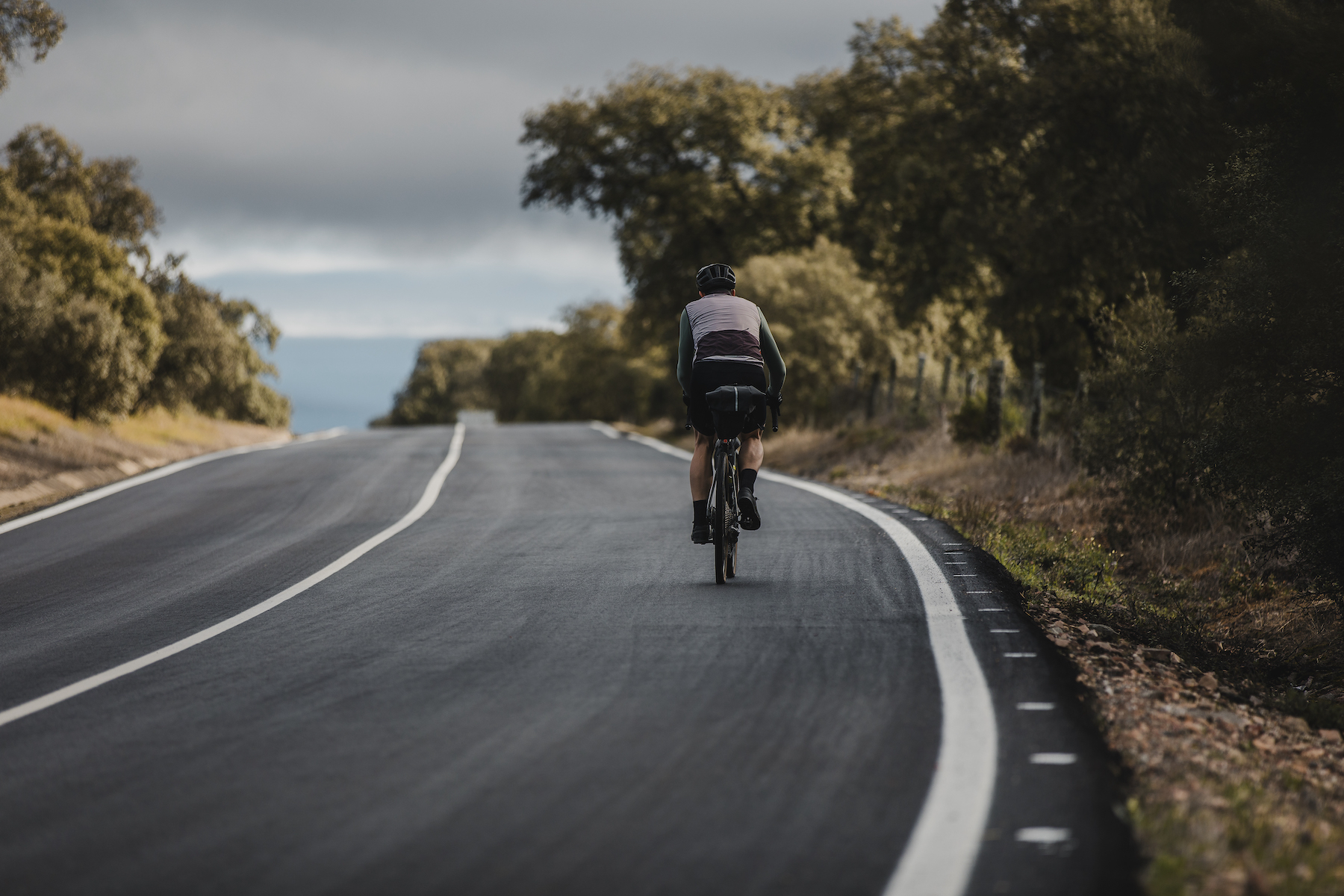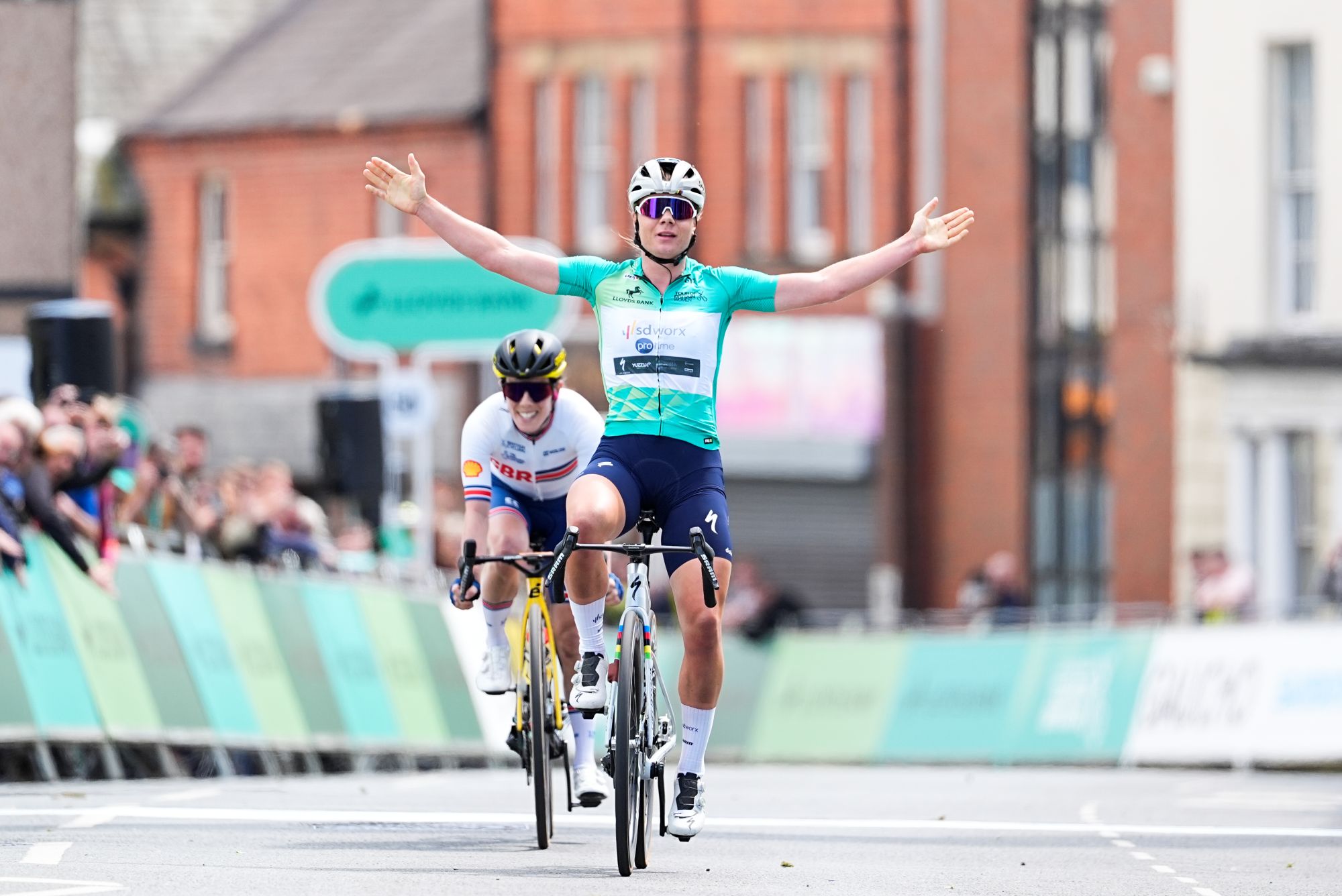'Golf style' cycling clubs are risking extinction - and that would be disastrous for us all | Opinion
The last thing we want is for the traditional clubs which underpin the sport of cycling in the UK to cease to be, writes Michelle Arthurs-Brennan


‘This is a no-drop ride’ reads the description on the cycling club’s website. Written with all the best intentions, I’m sure. But the truth plays out on the road, and of course, when the tarmac is rolling and tensions are rising, it becomes increasingly clear that this is very obviously a ‘drop it like it's hot’ ride. Where ‘it’ is me, and I am very definitely hot, and sweaty, and generally bothered.
The definition of a ‘cycling club’, in the UK, will vary depending on who you ask. For the traditionalists, it’s a group of riders who meet at 9am every Saturday morning, are governed by a committee and constitution, hold a weekly club time trial in the summer months and probably promote a race or two. This is the sort of ‘cycling club’ background I call my own.
In more recent years, there has emerged a newer breed of cycling club. As my colleague Adam referred to them, a ‘hip new face’ of British cycling clubs has entered the scene. The product of this evolution in cycling club culture typically sets its aim at a more welcoming, inclusive ethos. Somewhere in the middle, there are ‘shop rides’, ‘WhatsApp cycling clubs’ and all manner of organised group excursions by bike.
It’s the traditional cycling club where extinction is a threat. Judging by David Campbell’s letter published by The Guardian (in response to a wider piece on the boom/bust of cycling in the UK) - which got me thinking about this topic - the threat has been active for some time.
“In the early 1980s.. I found that cycling clubs were really just golf clubs on wheels.” The elitism, it seems, is not new.
The ‘you can ride with us, if you can keep up’ mentality has its positive outcomes. When road racing was my aim, it was the motivation that I needed. Hanging onto the wheels of those faster than me, until I could no longer turn the pedals at the rate required, put more strength into my legs than sweating out Zwift efforts ever could. As an aspirational racer chasing a first cat licence, weekly rides which took me to the limit were the motivation that I needed - painful at the time, I’m forever grateful for them.
A post shared by Michelle Arthurs-Brennan (@ridewriterepeat)
A photo posted by on
In my road racing days, I was in the minority. Now, I am in the majority - balancing work with parenting and trying to keep a house in the state whereby there is dinner on the table each night and everyone is wearing at least relatively clean clothes. This current state of mind will not last forever, I will get the firepower back. But right now, the last thing I need is to be dropped off in a lane somewhere in the deepest darkest Sussex. From a cycling club, now, I want inclusion, I want to be able to chat, I definitely don’t want to feel judged on my kit by the “Rapha cafe bore” (as referenced in the original Guardian article), mostly because I usually dress for a ride in the dark to avoid waking a sleeping toddler.
Get The Leadout Newsletter
The latest race content, interviews, features, reviews and expert buying guides, direct to your inbox!
However comfortable I am with my ‘majority’ status, I’m acutely aware that the minority is our next generation of WorldTour riders. They’re the riders I once chased around London's Herne Hill Velodrome, who are now inspiring the next crop of talent, pinning on numbers at The Actual Tour de France.
Not only that, whilst I will concede that not always the case, it’s more often than not the traditional cycling clubs who provide the workforce needed to organise the races these Vingegaard-and-Kopecky’s-in-waiting will use as the springboard for their careers.
I’ve been on the committee organising a road race. It wasn’t hip, or particularly fun. It was liaising with councils, notifying police, and making sure that there were enough ambulances for the size of the peloton. Without that hard graft, the grassroots racing scene would fall apart.
It’s true that a load of Lycra-clad men and women riding round local roads in a peloton won’t, on their own, do much to inspire the surge in cyclists on our roads and in our towns, which we all desire. However, world class performances will. And those won’t happen without a healthy amateur scene, a network struggling and under the microscope of a British Cycling ‘taskforce’ with seemingly no financial backing.
‘Golf clubs on wheels’ are not what we need. All cycling clubs should be welcoming. It’s possible to support the racers, and provide a space for beginners and those who just want to pedal away the stress of daily life with like minded individuals; clubs that are turning away potential converts by failing to do the latter will only last so long as their current membership. But the last thing we want is for the traditional clubs which underpin the sport of cycling in the UK to become extinct. There’s room for ‘no drop’ rides, of all kinds. And, in my experience, the hip new scene can 'drop it like it's hot' with the best of them.

Thank you for reading 20 articles this month* Join now for unlimited access
Enjoy your first month for just £1 / $1 / €1
*Read 5 free articles per month without a subscription

Join now for unlimited access
Try first month for just £1 / $1 / €1
Michelle Arthurs-Brennan the Editor of Cycling Weekly website. An NCTJ qualified traditional journalist by trade, Michelle began her career working for local newspapers. She's worked within the cycling industry since 2012, and joined the Cycling Weekly team in 2017, having previously been Editor at Total Women's Cycling. Prior to welcoming her first daughter in 2022, Michelle raced on the road, track, and in time trials, and still rides as much as she can - albeit a fair proportion indoors, for now.
Michelle is on maternity leave from April 2025 until spring 2026.
-
 'This is the marriage venue, no?': how one rider ran the whole gamut of hallucinations in a single race
'This is the marriage venue, no?': how one rider ran the whole gamut of hallucinations in a single raceKabir Rachure's first RAAM was a crazy experience in more ways than one, he tells Cycling Weekly's Going Long podcast
By James Shrubsall
-
 Full Tour of Britain Women route announced, taking place from North Yorkshire to Glasgow
Full Tour of Britain Women route announced, taking place from North Yorkshire to GlasgowBritish Cycling's Women's WorldTour four-stage race will take place in northern England and Scotland
By Tom Thewlis